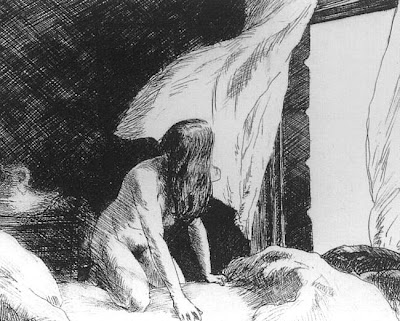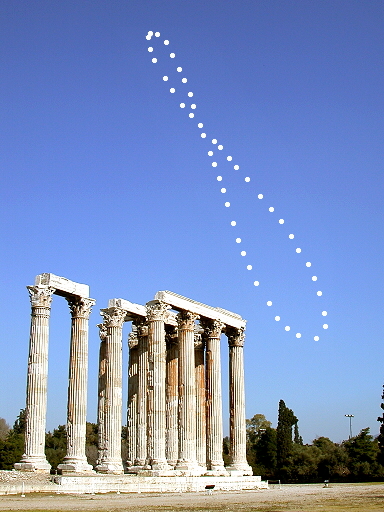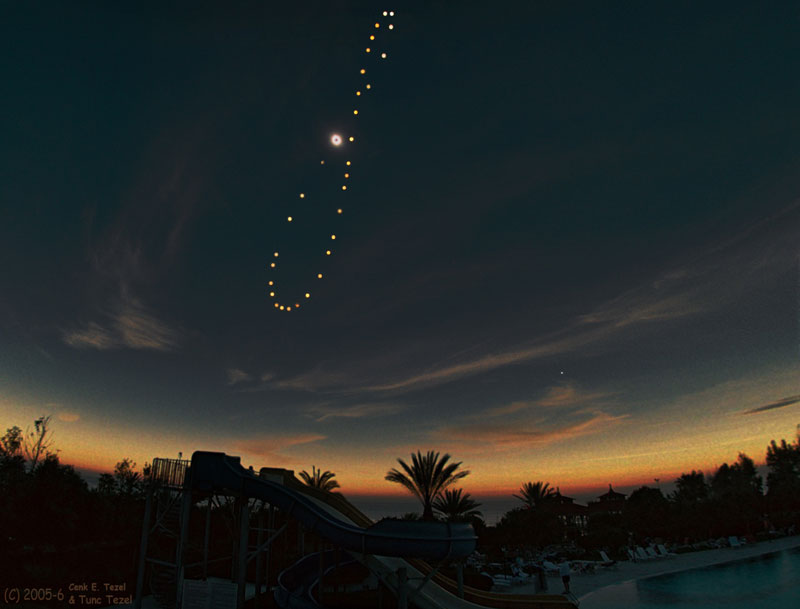 The painting to the left is: "Freedom of Speech" (The Saturday Evening Post, February 20, 1943), by Norman Rockwell. An earlier study for this print is below.
The painting to the left is: "Freedom of Speech" (The Saturday Evening Post, February 20, 1943), by Norman Rockwell. An earlier study for this print is below.As I suggested earlier, there has been a shameful void of both worthwhile reporting and relfective analysis during this perpetual presidential election cycle. I am thankful for the articles that buck this trend, such as the piece by Stanley Fish appearing in The New York Times this morning. The full text can be found here. The article looks at the history, moral standing and political requirements of the Democratic Party's "superdelegates". Here's a sample:
... when the group NoSuperDelegates urges the DNC “to not seat the Super-Delegates . . . and instead nominate the candidate leading in the delegate count,” what it is really urging is the jettisoning of the rules because its members fear the outcome that following them might produce.
Of course, they don’t see it that way. They see themselves engaged in a noble cause: “We are urging Americans to simply stand up for what is right and let democracy work the way it’s intended to.”
Whose intention and whose democracy would that be? Not the founding fathers, who were more fearful of democracy in 1787 than the Democratic elders are today. James Madison complained in Federalist 10 that “measures are too often decided . . . by the superior force of an interested and overbearing majority.” Democracies, he continued, have ever been “spectacles of turbulence and contention.”
Alexander Hamilton was even harsher in his judgment. Replying to the assertion that “pure democracy” would be “the most perfect government,” he declared, “no position is politics is more false” because “the ancient democracies, in which the people themselves deliberated, never possessed one feature of good government.” Indeed, he concluded, “their very character is tyranny.”
The fight over Superdelegates is interesting because it highlights an argument often heard in this country: Rules that have resulted in acceptable outcomes are good rules, but rules that have resulted - or may result - in unacceptable outcomes (the Electoral College in 2000, for example) must be discarded. This, clearly, makes the whole idea of pre-existing rules a) meaningless, b) dependent upon each individual's willingness to compare long-term consequences against short-term results, and c) dependent on each individual's current preference for things "acceptable" or "unacceptable".
One wonders if we are still a country with a long vision for stability.



























.JPG)












